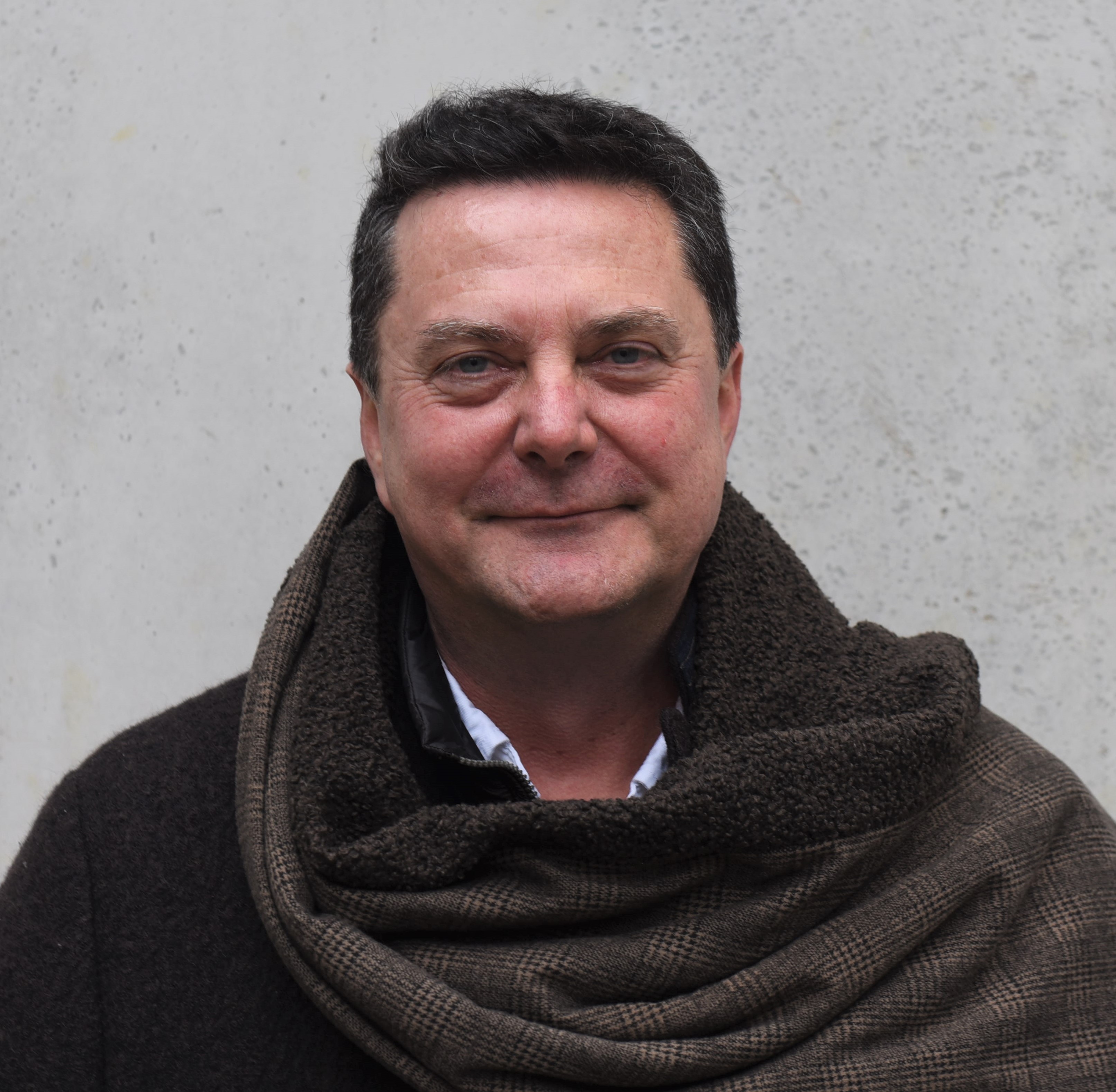
Marc Joiret
Protein synthesis modeling with extended TASEP: a computational approach to understand selective translation of transcripts with codon usage biases through tRNA reprogramming by cells under stressed conditions. Proof of concept in melanomas and osteoarthritis.
- Computational biology, mechanistic and stochastic modeling
- Statistical physics (stochastic) model of protein translation by totally asymmetric simple exclusion process (TASEP)
- Bioinformatics
- Biostatistics, data mining and machine learning
- Molecular biology, biological chemistry, signaling cascades, omics (transcriptome, translatome and proteome)
Translation of mRNA into protein represents the final stage in gene expression by which the transcribed mRNA is read by the ribosomal machinery, that translocates along the open reading frame to interpret the encoded peptide sequence. The case has been made that a high level of transcripts is not necessarily reflected in a high level of proteins: the poor correlation between the transcriptome and the proteome can be attributed to post-transcriptional regulatory layers involving tRNA modifications, of which the so-called wobble base U34 tRNA reprogramming is of interest in the context of stressed cells or in tumors. The modified or unmodified wobble base tRNA anticodon pairing to codon both affects the translation elongation rate of a specific transcript or selectively promote the expression levels of subsets of transcripts having specific patterns in codon usage. The change in protein synthesis rate can lead to protein misfolding and aggregation problems. In our research, we investigate the codon usage pattern as a potential useful source of data mining in bioinformatics to infer phenotypes from genomic sequences. The general biology of the tRNA reprogramming is currently poorly understood. Our project aims at extending a stochastic model of protein translation called TASEP (totally asymmetric simple exclusion process) taking into account tRNA reprogramming. The purpose is to help better understand experimental results collected jointly such as RNA-Seq, Ribo-Seq, ribosome occupancy and proteome levels in cancer research and in osteoarthritis research where cells are subjected to targeted therapy or are chemically or mechanically stressed.
- Bio-engineer (AgroBio-tech) – campus Gembloux University of Liege
- Master in Physics – University of Liege
- Master in Statistics (specialization in bioinformatics) – Hasselt University
- PhD graduation (U. Liège, Belgium): 22 April 2025
marc.joiret [at] uliege.be
Personal website: http://www.marcjoiret.be
